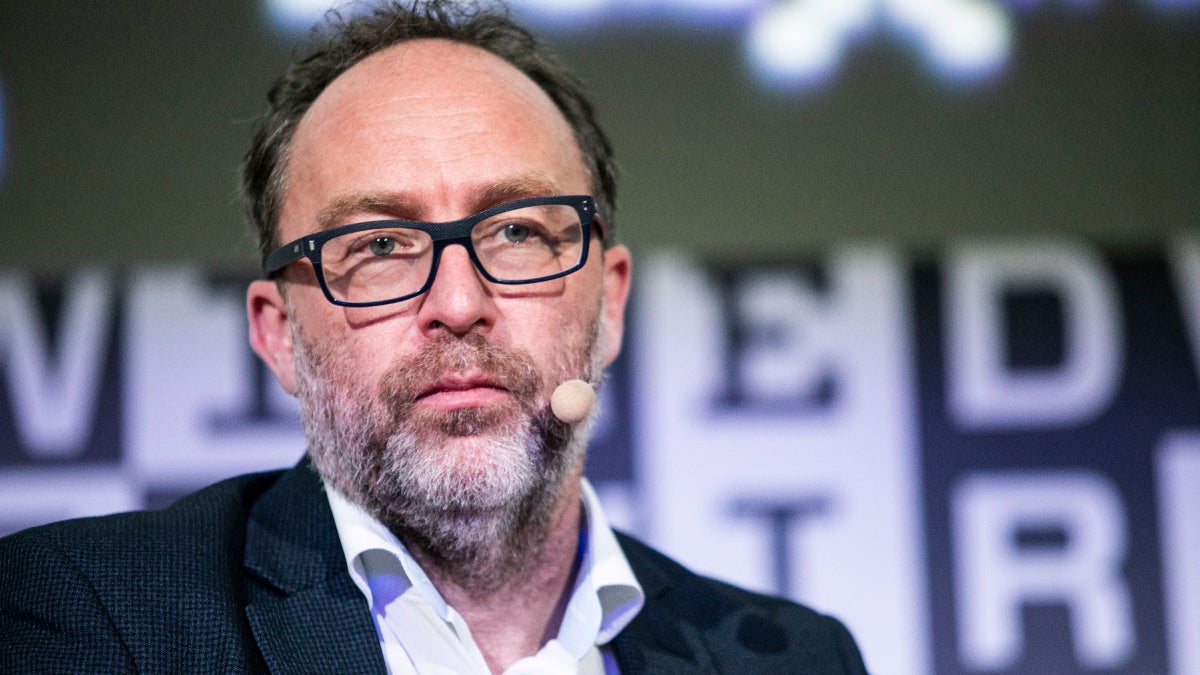
Wikipedia founder Jimmy Wales clapped back at Elon Musk on Twitter Saturday after the company’s CEO defended his decision to restrict access to some content on the site in Turkey, the day before the country’s presidential election.
After Bloomberg columnist Matthew Yglesias called out Musk for restricting content hours before a pivotal moment in the country’s history, Musk posed the dilemma: limiting access to certain posts (the content of which Twitter has yet to define) or shut it down in Turkey all together.
“Did your brain fall out of your head, Yglesias?” Musk asked. “The choice is have Twitter throttled in its entirety or limit access to some tweets. Which one do you want?”
Wales then stepped into the ring, offering up his own website’s story as an example of the best path forward.
“What Wikipedia did: we stood strong for our principles and fought to the Supreme Court of Turkey and won,” Wales wrote in response to Musk’s tweet. “This is what it means to treat freedom of expression as a principle rather than a slogan.”
It’s true. Wikipedia was banned for more than two years in Turkey due to article entries that accused the country of being linked to terrorist organizations. The Wikipedia Foundation challenged the ban in Turkey’s Constitutional Court, and after a drawn-out process, the ban was lifted in 2019, with the court ruling a block on the online encyclopedia was a violation of freedom of expression, per Reuters.
Wales is now arguing that Musk does not share the same values that Wikipedia does.
Twitter’s Global Government Affairs account initially stated it blocked access of some content in Turkey “in accordance with the court decisions regarding the blocking of access to Twitter,” according to a Google’s translation of the tweet in Turkish.
Current Turkish President Recep Tayyip Erdogan, who has been in power in the country for 20 years, has completely blocked Twitter before. He is currently facing challenger Kemal Kilicdaroglu in a tight election race that will be decided Sunday unless neither candidate receives more than 50% of the vote, per NPR. Human Rights Watch, a U.S.-based human rights organization, recently urged social media platforms like twitter to be as transparent as possible when it comes to election monitoring and content moderation.
“As election night draws near it is imperative that social media platforms and the wider internet remain accessible so the public can follow the work of independent election monitors and reporting around the vote count. Given the sorry state of Turkey’s mainstream media, the integrity of Turkey’s election depends upon it,” Human Rights Watch wrote Friday.














